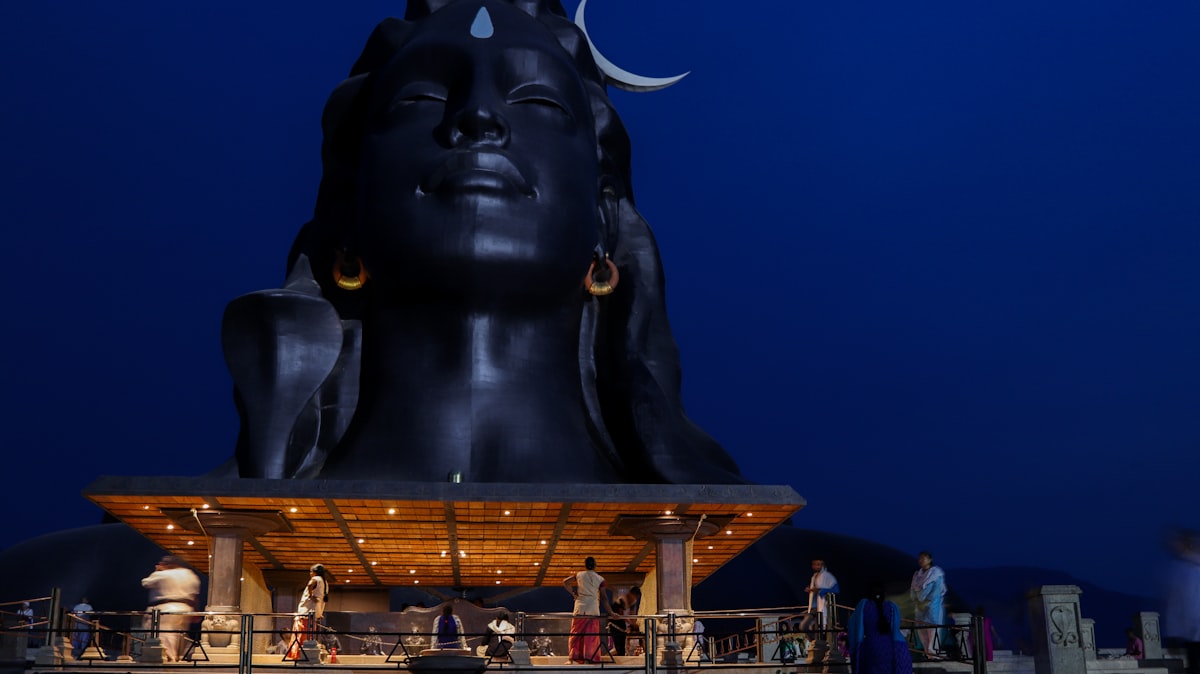Mahashivratri: overcoming spiritual darkness through devotion

“Maha Shivratri is the best time for one to take refuge in Shiva (the divine consciousness) which brings peace and solace to all layers of consciousness.”
— Gurudev Sri Sri Ravi Shankar
Mahashivratri is one of the biggest festivals celebrated by Hindus all over the world. It honors Lord Shiva, who is one of the most important deities in Hinduism. Mahashivratri means "the Great Night of Shiva."
According to Hindu mythology, there is a very interesting story behind why this festival is celebrated. Long ago, there was a householder who came across some tribal children who worshipped Lord Shiva. Seeing their devotion, he asked them why they worshipped Shiva with so much fervor.
The children replied that on this particular night, which is the 14th night of the new moon in the Hindu month of Phalgun, Lord Shiva performs his famous Tandav dance - the dance of creation, preservation, and destruction. By staying awake and worshipping Shiva through the night with devotion, one can have their wishes fulfilled.
Inspired by the tribal children's faith, the householder decided to perform the same rituals. On Mahashivratri night, he stayed awake and worshipped Lord Shiva with fruits, flowers, and deep reverence. It is said that Lord Shiva was so pleased with his devotion that he appeared before the householder and blessed him.
From that day onward, Mahashivratri became very sacred and auspicious. Hindus consider this night extremely powerful for spiritual growth and liberation from the cycle of birth and death. Many perform pujas, fast for the day, chant mantras, and remain awake through the night in meditation and prayer.
One of the main reasons Mahashivratri is celebrated with such grandeur is that it marks the night when Lord Shiva and Goddess Parvati were married according to mythological accounts. Their marriage symbolizes the sacred union of consciousness and nature.
Through rituals, fasting, and staying awake in prayer, devotees on Mahashivratri night strive to connect with the divine consciousness represented by Lord Shiva. It is a time to let go of ego, overcome darkness within, and move closer towards enlightenment and moksha (liberation).
So in essence, Mahashivratri commemorates overcoming spiritual darkness through devotion to Lord Shiva - the embodiment of eternal consciousness, wisdom, and truth. It celebrates the victory of enlightenment and divinity over ignorance.


